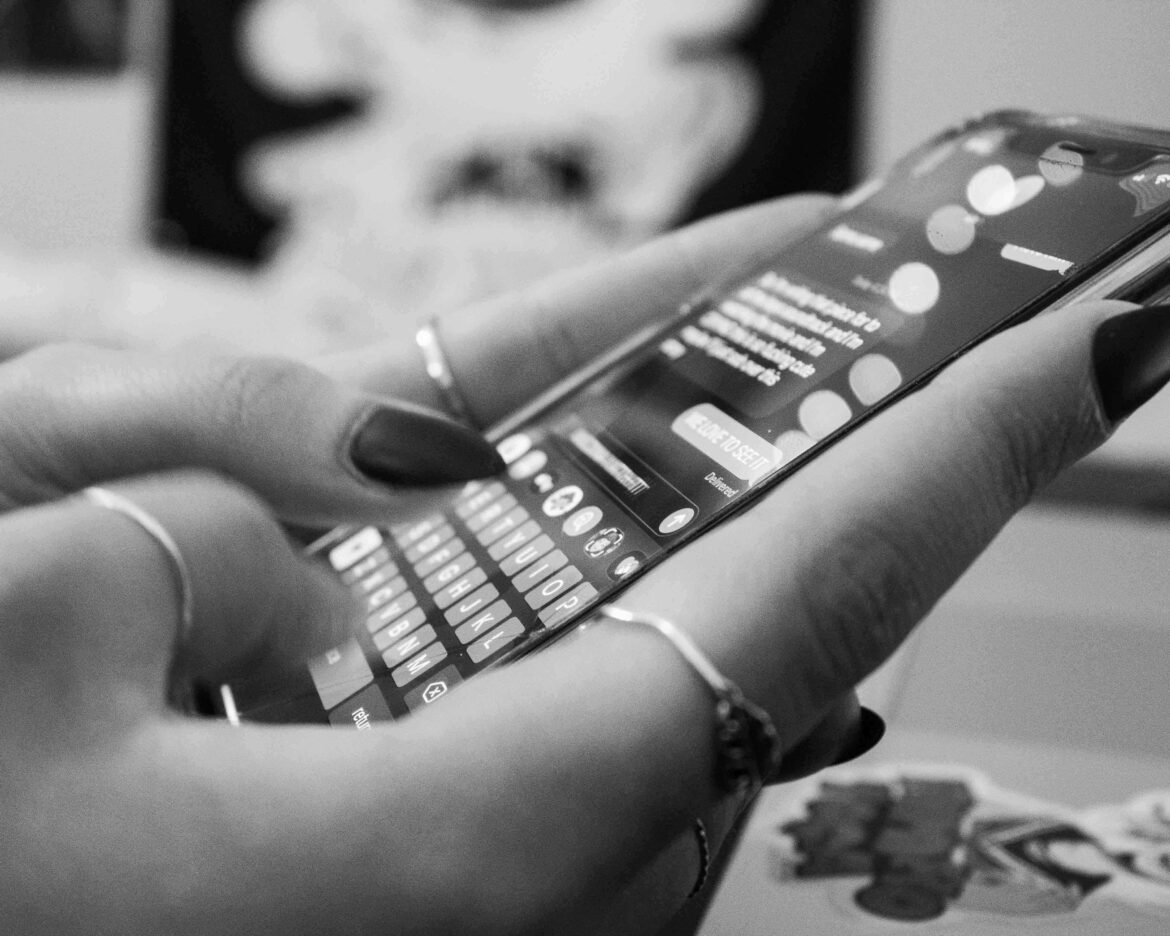The COVID-19 pandemic has changed the way many of us interact now. For one group, the changes in social dynamics come at a critical time in their lives as they navigate early adulthood. Amid managing socially distant lifestyles, 20-somethings are seeing shifts in their relationships – with some drifting apart and others dissolving completely.
“I did lose a handful of friends this year. But now that I look back on it I don’t know if they were really my friends or just acquaintances,” said El Pasoan Brittney Tambeau, 25.
What should be important and life changing years in terms of relationships, networking and an overall transition into adulthood has turned into a much more complicated reality, relationship experts say. With the loosening of lockdown measures in much of the country comes a divide between what to do when your friends want to go out, and how to maintain friendships when daily interaction is confined to a screen.
“The dynamics in relationships have shifted because of COVID, and it’s really hard for people to adjust because it’s still a loss, even if it’s a friendship,” said Ellen Ijabor, a counseling-psychology doctoral candidate at the University of Texas at El Paso. Ijabor works as a mental health practicum intern at CAPS, the university’s counseling and psychological services department.
On top of the disconnect of not being able to have day-to-day interactions, Tambeau said she found she resented acquaintances who were posting on social media about their unsafe escapades of going out to crowded places.
“Clearly we don’t have the same moral compass if they’re just going out all the time,” she said, pointing out one particular acquaintance who documented trips to Disney, Utah, Vegas; even an EDM festival, on social media.
Ijabor said she has already seen increased anxiety, depression and difficulty socializing in many of her clients along with a “how do I say no?” dilemma in respect to going out.
“It’s been a really big conversation with a lot of students of ‘how do I say no? How am I able to set those boundaries when usually I could just go out?’ ” These added stresses and strains on friendships, she says could lead to increased loneliness.
While we live in a very digital age, we are still social beings who need human interaction, Ijabor said.
Even with opportunities to video chat via Facetime, Zoom and other communication apps, staying connected with friends can be a challenge for many young people who are living with their families and may not have their own space to be themselves.
“The way that people would usually have conversations with their friends, or have intimate conversations with their partners, they can’t really do that because they don’t have the privacy to do so,”,Ijabor explained. “So, that’s an additional strain on the relationship.”
However, she says that adaptability is key in trying to navigate these hurdles. “Coping is different for everyone. So, maybe it’s not always going to be staring at a screen, maybe it’s having a phone call or doing things outside safely while social distancing like going for a walk or hiking,” she said.
Clinical psychologist Seth J. Gillihan, wrote in a May 2020 WebMD blog post that navigating friendships during traumatic times takes an extra level of compassion and kindness for what friends may be going through, regardless of if they have extra time or may be posting on social media. In addition, he adds that it is important to adopt compassion for oneself in order to understand the meaning behind feelings of being neglected or left out in friendships.
El Paso Community College student Rikki Gutierrez, 20, said the pandemic has given her a new outlook on how to be a more attentive friend. “We all have busy schedules and everything. But when we come back and talk it’s like nothing has changed,” she said.
Before the pandemic, Gutierrez had plans to transfer to UTEP for in-person classes, travel to Korea and see her favorite band live. Disappointed, but carrying on, she said she realized how important it is to check in with others whose lives have also been disrupted. Even with friends she feels she has drifted apart from.
“We’ve become more open with talking about how we feel and better about being there for each other,” she said. “To move the conversation forward and to make sure we’re doing okay, it’s just become an important part of our relationships.”

